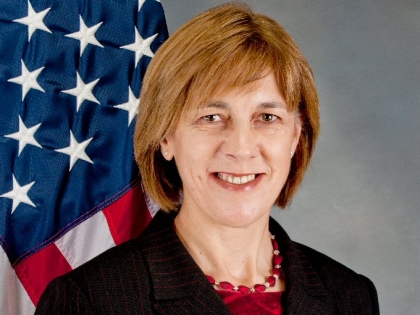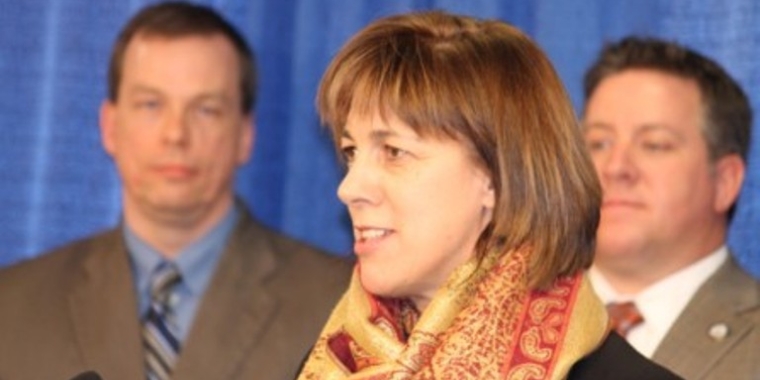
Times Union: Senate Democrats propose manslaughter for opioid-related deaths; help for addicts
By Casey Seiler
State Senate Democrats, including two lawmakers from the Capital Region, plan to unveil a package of legislation designed to address the growing problem of substance abuse involving heroin and other opioid narcotics.
A bill sponsored by Sen. Neil Breslin, D-Bethlehem, would allow prosecutors to seek a manslaughter conviction against a drug dealer whose wares directly resulted in a fatality, bringing a possible sentence of up to 25 years in prison.
Duanesburg's Sen. Cecilia Tkaczyk is backing a measure that would redirect savings from the closure of correctional facilities to a fund designed to support 90-day addiction treatment programs.
"This is a problem everywhere," said Tkaczyk, who has seen cases involving cheap, readily available heroin popping up in her largely rural district, where "we just don't have the services" for addicts.
Those bills, along with other Democratic measures, are expected to be rolled out at a news conference at the Capitol on Tuesday. Breslin and Tkaczyk participated in a December public forum at which some of the most grueling testimony was offered by a Senate employee who described her daughter's battle with opioid addiction, a fight that ended in a fatal overdose.
The Senate's Majority Coalition, including Republicans as well as the five-members Independent Democratic Conference, has devoted attention to the same topic with a statewide series of hearings — including one last week at Hudson Valley Community College.
Sen. Kathy Marchione, R-Halfmoon, who serves on the subcommittee holding those sessions, said the problem was "all over, it's all ages and it's something we need to work on."
Subcommittee Chairman Sen. Phil Boyle, R-Long Island, said the Majority Coalition panel plans to make its recommendations by June 1 in hopes of seeing legislation passed before the session ends as scheduled on June 19.
The subcommittee, Boyle noted, had already recognized that any solutions need to contribute to a "three-prong" approach: prevention, treatment and law enforcement. It's a strategy reflected in the Democrats' bills, as well.
"This is a non-partisan issue," Boyle said.



